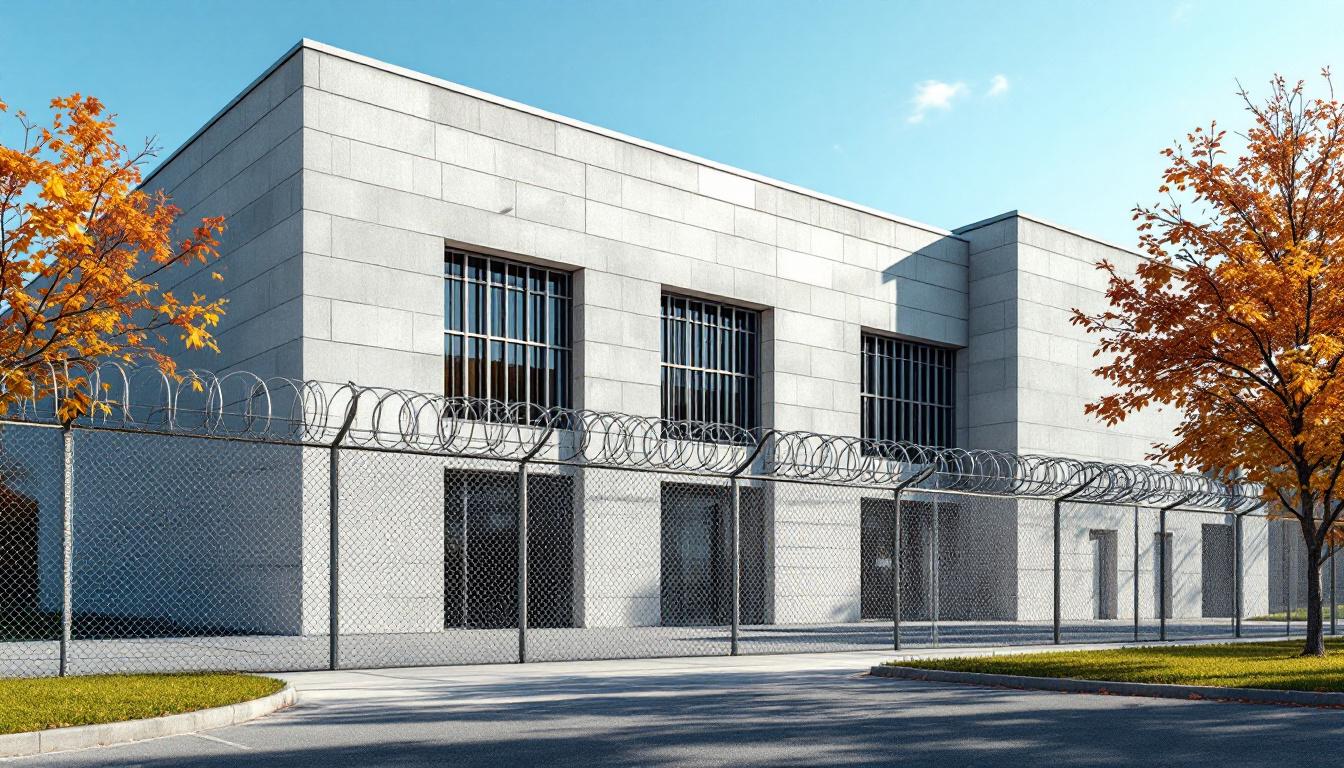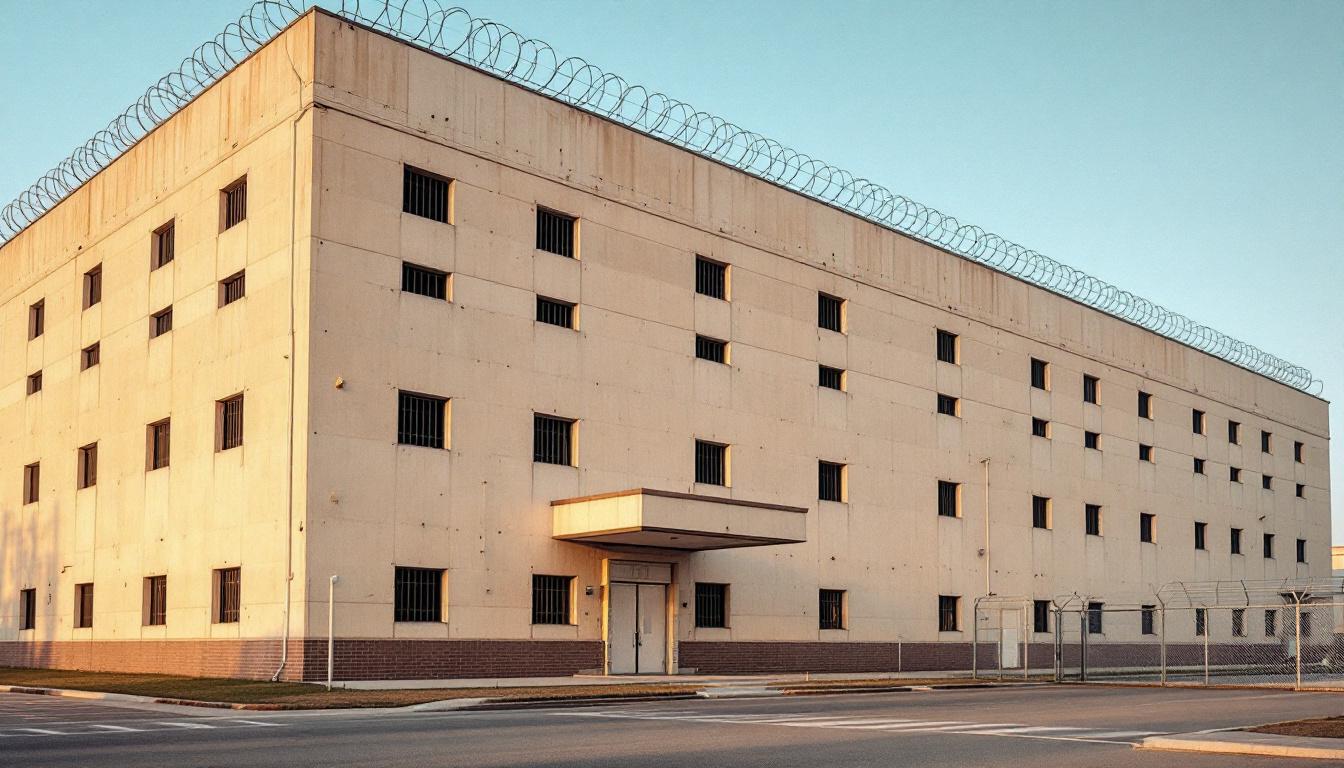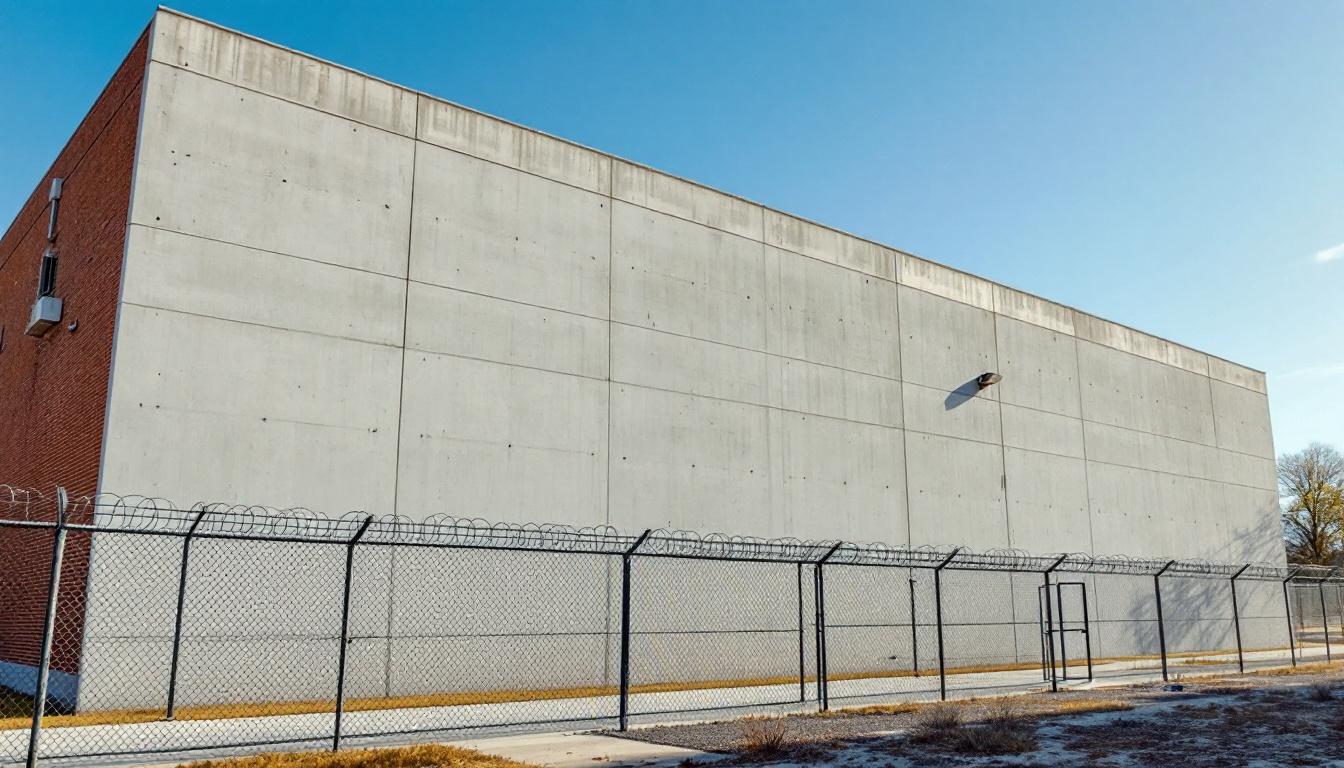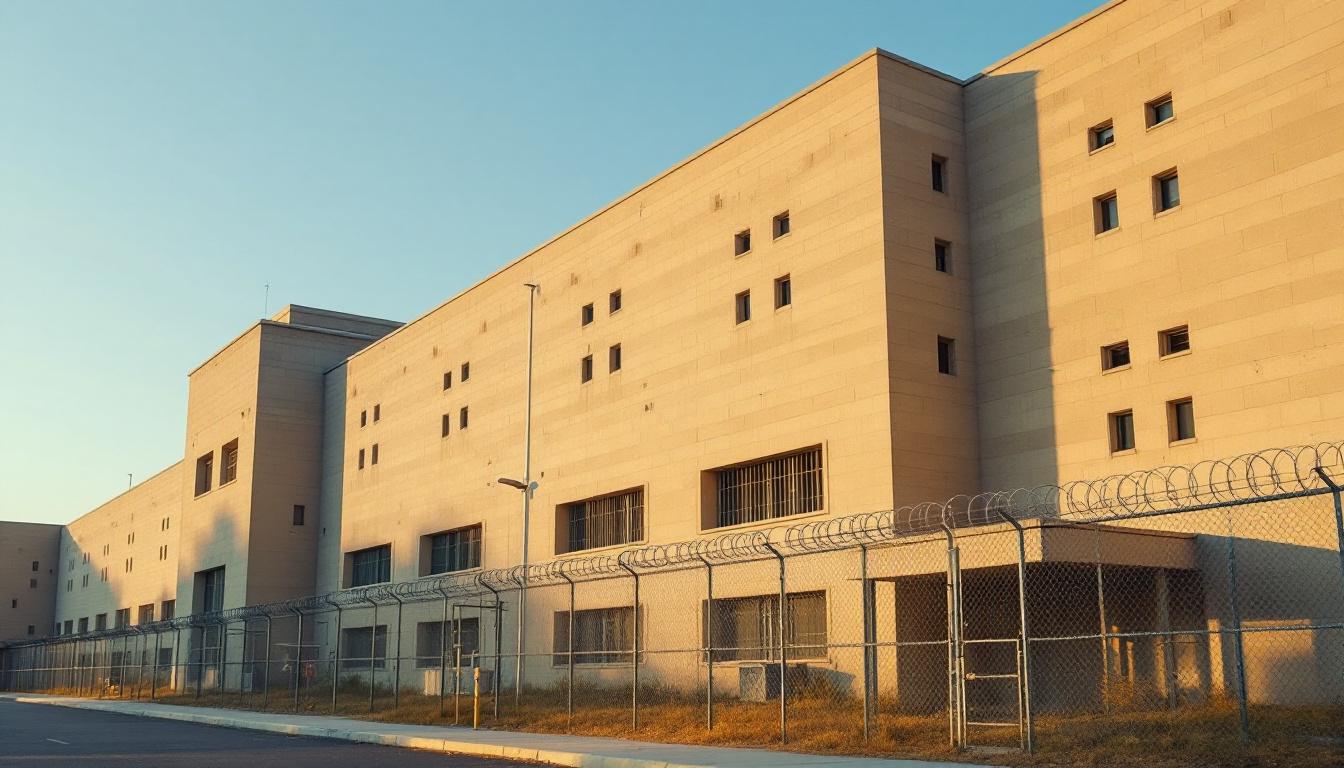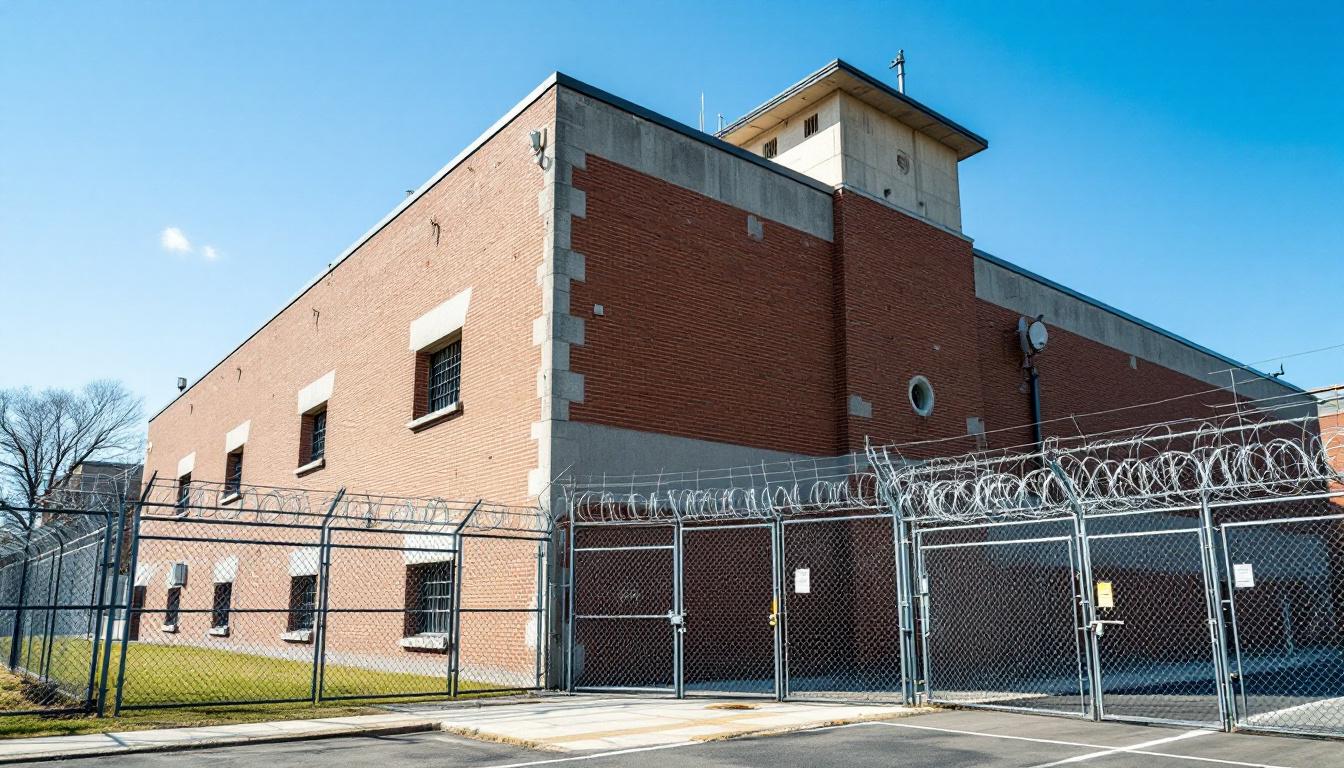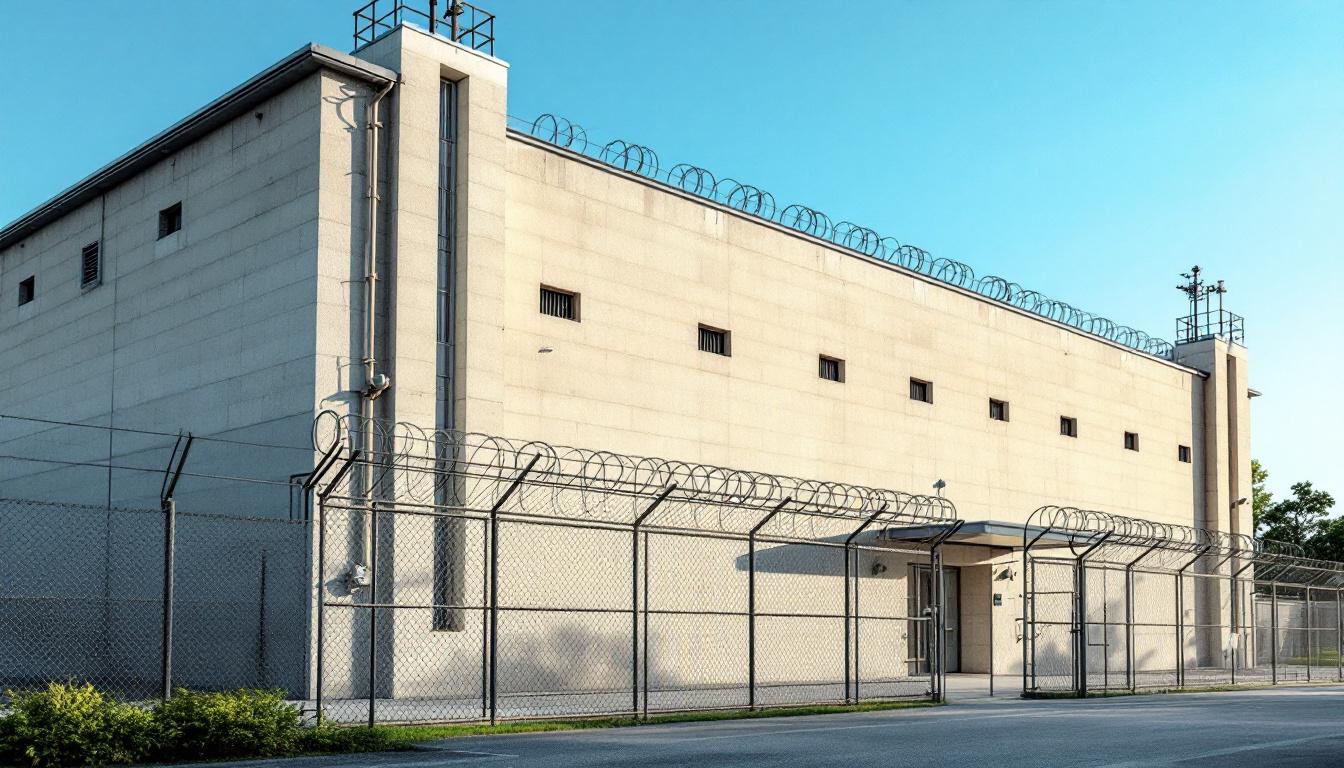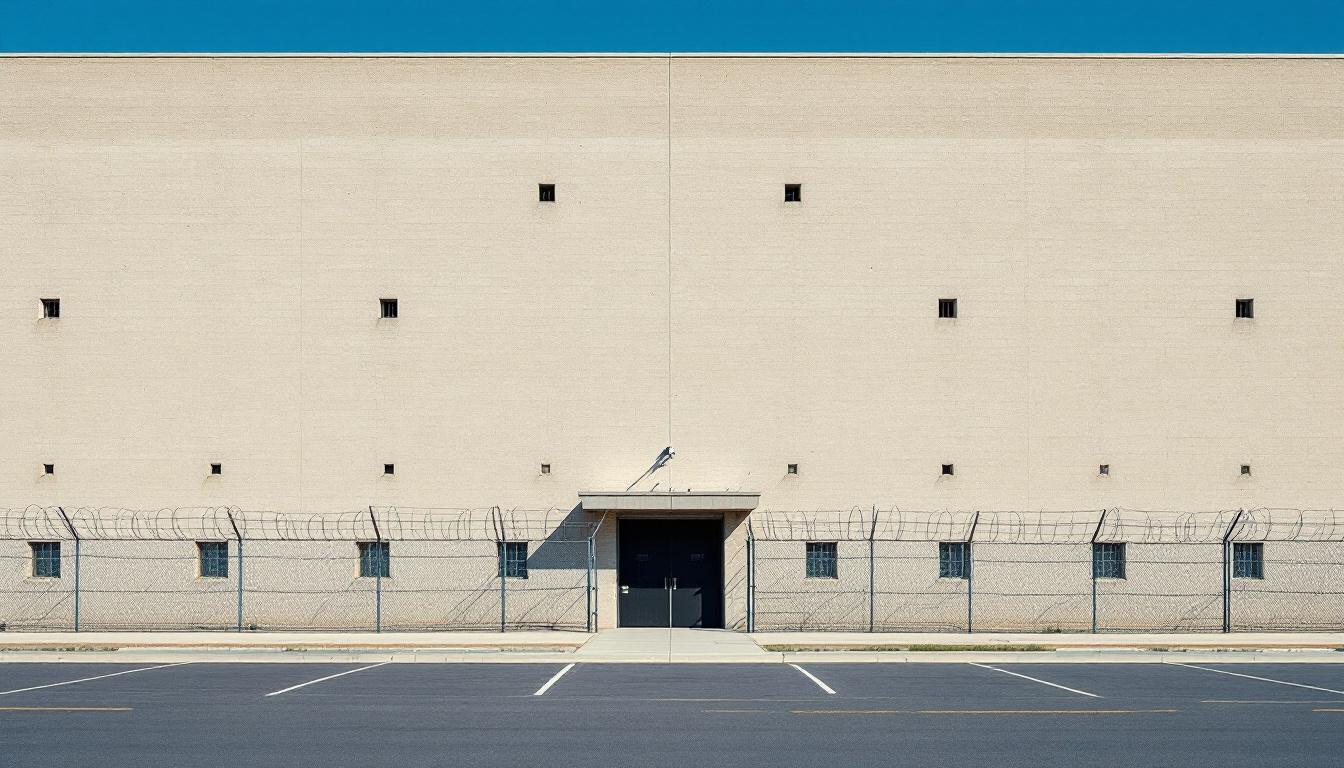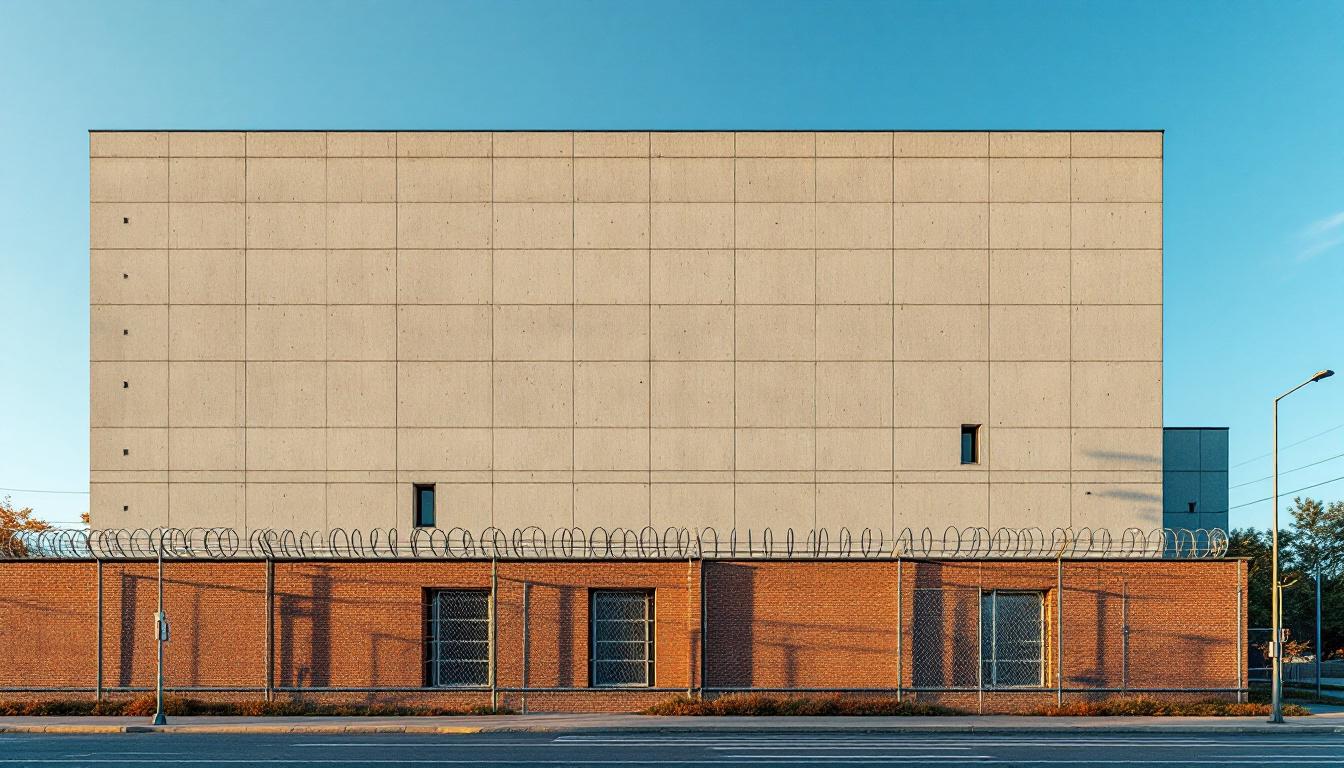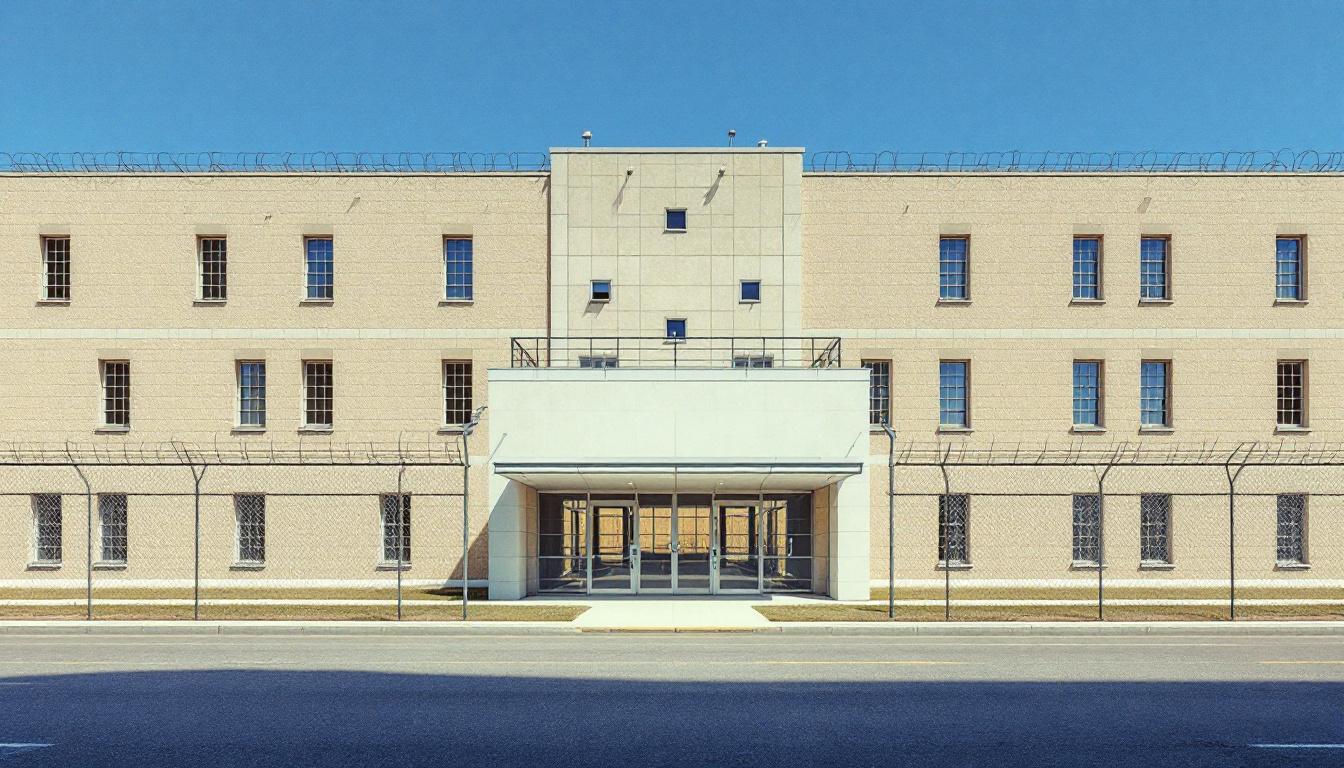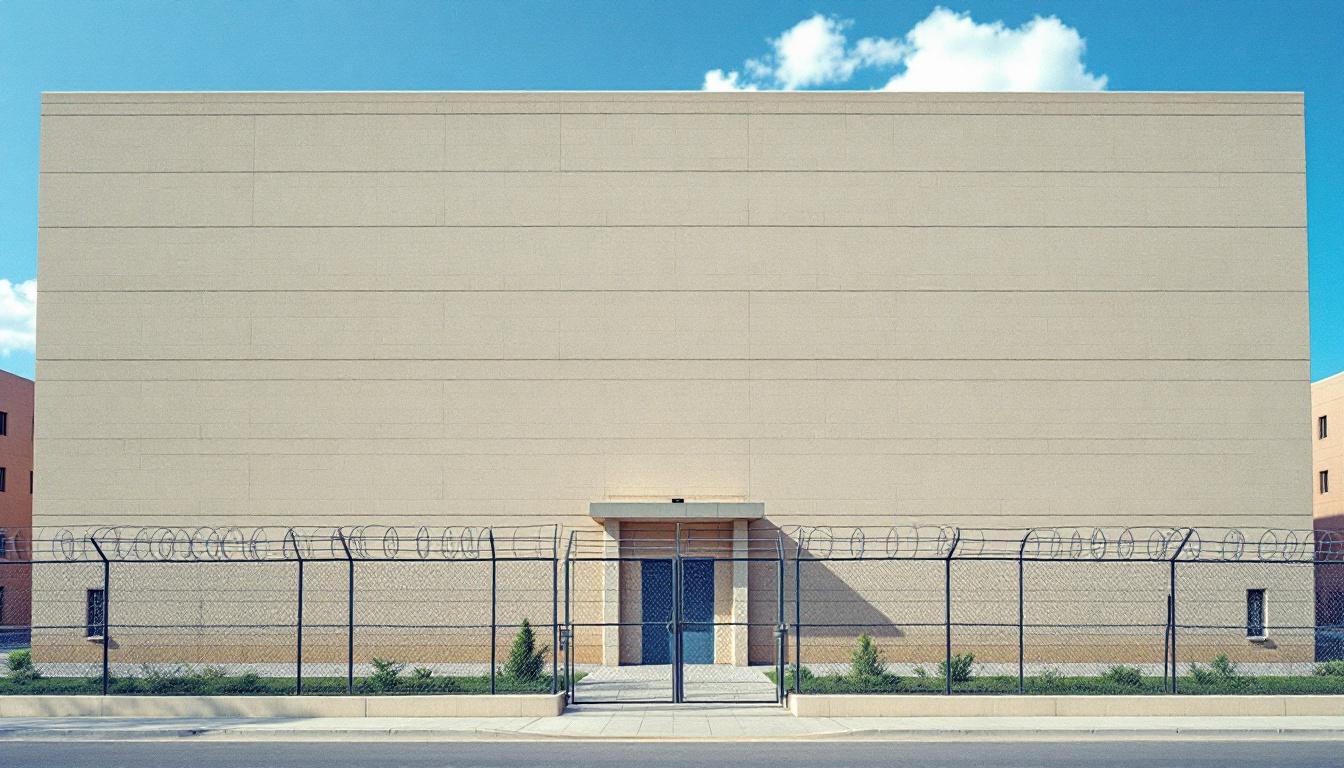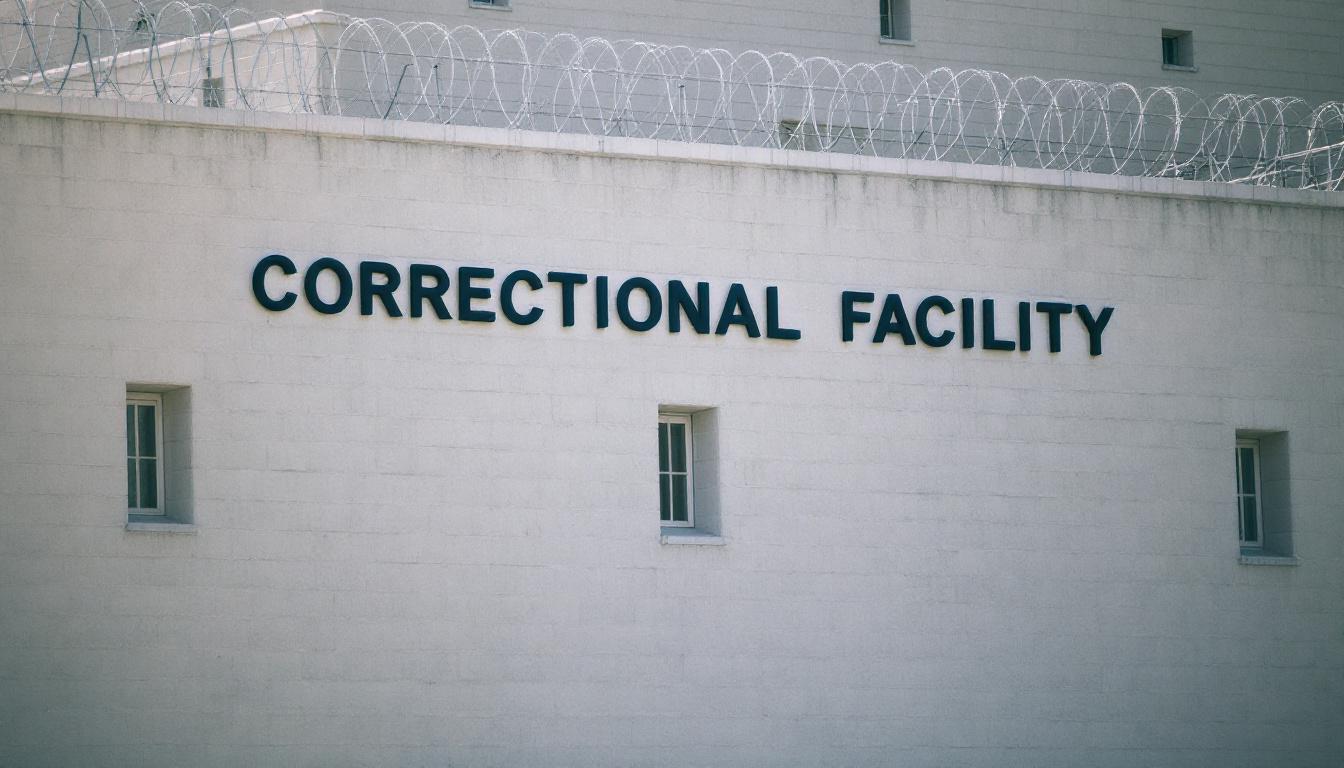
Quick Navigation
How to contact an inmate at Suwannee Correctional Institution
This comprehensive guide will walk you through how to connect with an inmate at Suwannee Correctional Institution. Follow the steps below to find an inmate and send letters and photos:
- Search for the inmate using our search tool below
- Create your account or log in to Penmate
- Write your message (up to 6,000 characters)
- Send instantly - inmates receive printed copies daily
Find an Inmate
Search for an inmate to start communicating today
Tip: You can search by first name, last name, or inmate ID number
To contact a person at Suwannee Correctional Institution start by searching for the person on the official facility website. Perform a search by following these steps:
- Step 1: Enter their first name and last name into the search form and click "Search"
- Step 2: Locate their inmate record
- Step 3: Write down their Inmate ID and any housing information provided
Important! Be sure to enter the person's full name. Nicknames should not be used.
How to Send Messages to Inmates

You can use your phone or computer to send emails, letters, and photos to an inmate. Messages are sent electronically to inmate tablets or kiosks at the facility. If you would like to send a message, start by searching for an inmate at Suwannee Correctional Institution.
Sending Photos and Postcards

A great way to send love and support to a loved one at Suwannee Correctional Institution is to send photos and postcards. It only takes a few minutes to send photos from your phone and it makes a huge difference. You can also mail postcards with words of support and inspiration, or design your own postcard for special moments like birthdays and holidays.
Important! Be sure not to send any explicit photos or they may not be approved by the facility. You can also use a photo printing app like Penmate to make sure your photos are printed at the correct size (4x6 or 3x5) and are mailed according to the rules and regulations of Suwannee Correctional Institution.
Frequently asked questions about Suwannee Correctional Institution
-
How long does it take to deliver a message?
If you're sending an email message your letter is usually delivered within 24-48 hours. For messages sent via mail you should expect delivery within 3-7 days. All messages will need be approved by Suwannee Correctional Institution.
-
How much does it cost to send a message to Suwannee Correctional Institution?
You can send a message free using your phone or mail a message via USPS for the price of a $0.60 stamp and envelope. You can also purchase credits or e-stamps from services starting at $1.99.
-
What services can I use to contact an inmate at Suwannee Correctional Institution?
Penmate
You can use Penmate to send letters and photos to an inmate from your phone. It's an easy way to stay in touch during your loved one's incarceration. Use the inmate locator to find an inmate's location and contact information, then you can send messages within a few minutes.
Securus messaging
Securus may be another option for communicating with an inmate at Suwannee Correctional Institution. You can create a friends and family account and purchase credits to send messages. All messages will be reviewed and must be approved by the facility.
JPay
Some county jails and state prisons may support sending messages with JPay. You must register an account with the system, find your loved one, and purchase stamps to send messages. For some locations you can also attach photos.
Smart Jail Mail
You may also check if Smart Jail Mail is available at Suwannee Correctional Institution. Smart Jail Mail is operated by Smart Communications and has contracted with some state and county jails. After purchasing credits, your messages and photos are sent to the facility, printed out, and then handed out to your loved one.
-
What is the mailing address of Suwannee Correctional Institution?
Mailing address:
Suwannee Correctional Institution
5964 US-90
Live Oak, FL 32060
Phone: (386) 963-6530Business hours:
- Monday: Open 24 hours
- Tuesday: Open 24 hours
- Wednesday: Open 24 hours
- Thursday: Open 24 hours
- Friday: Open 24 hours
- Saturday: Open 24 hours
- Sunday: Open 24 hours
-
What are the visiting hours at Suwannee Correctional Institution?
Visiting hours at Suwannee Correctional Institution vary by housing unit and security level. Generally, visits are scheduled on weekends and holidays, with some facilities offering weekday visits. Contact the facility directly at (386) 963-6530 or check their website for the current visiting schedule. Visits typically last 30-60 minutes and must be scheduled in advance.
-
What items are prohibited when sending mail to Suwannee Correctional Institution?
Prohibited items typically include: cash, personal checks, stamps, stickers, glitter, glue, tape, staples, paperclips, polaroid photos, musical or blank greeting cards, hardcover books, magazines with staples, and any items containing metal or electronics. Only send letters on plain white paper with blue or black ink. Photos must be printed on regular photo paper (no Polaroids). Always check with Suwannee Correctional Institution for their specific mail policies.
-
How do I send money to an inmate at Suwannee Correctional Institution?
You can send money to an inmate at Suwannee Correctional Institution through several methods: 1) Online using JPay, Access Corrections, or the facility's approved vendor, 2) Money orders mailed directly to the facility with the inmate's name and ID number, 3) Kiosks located in the facility lobby, or 4) Over the phone using a credit or debit card. Fees vary by method, typically ranging from $2.95 to $11.95 per transaction.
-
Can I schedule a video visit with an inmate at Suwannee Correctional Institution?
Many facilities now offer video visitation as an alternative to in-person visits. At Suwannee Correctional Institution, video visits may be available through services like Penmate, Securus Video Connect, GTL, or ICSolutions. Video visits typically cost $10-20 for 20-30 minutes and must be scheduled in advance. You'll need a computer or smartphone with a camera and reliable internet connection. Contact the facility for their specific video visitation policies and approved vendors.
-
What identification do I need to visit an inmate at Suwannee Correctional Institution?
All visitors must present valid government-issued photo identification such as a driver's license, state ID, passport, or military ID. Minors must be accompanied by a parent or legal guardian who can provide the minor's birth certificate. Some facilities require visitors to be on the inmate's approved visitation list, which may require a background check. Contact Suwannee Correctional Institution for specific ID requirements and visitor approval procedures.
-
How can I find out an inmate's release date?
To find an inmate's release date at Suwannee Correctional Institution, you can: 1) Use the online inmate search tool if available, 2) Call the facility's records department, 3) Contact the inmate's case manager or counselor, or 4) Have the inmate provide this information during a call or visit. For privacy reasons, some facilities only release this information to immediate family members.
Facility Overview
Contact Information
Suwannee Correctional Institution5964 US-90
Live Oak, FL 32060
Phone: (386) 963-6530
Official Website
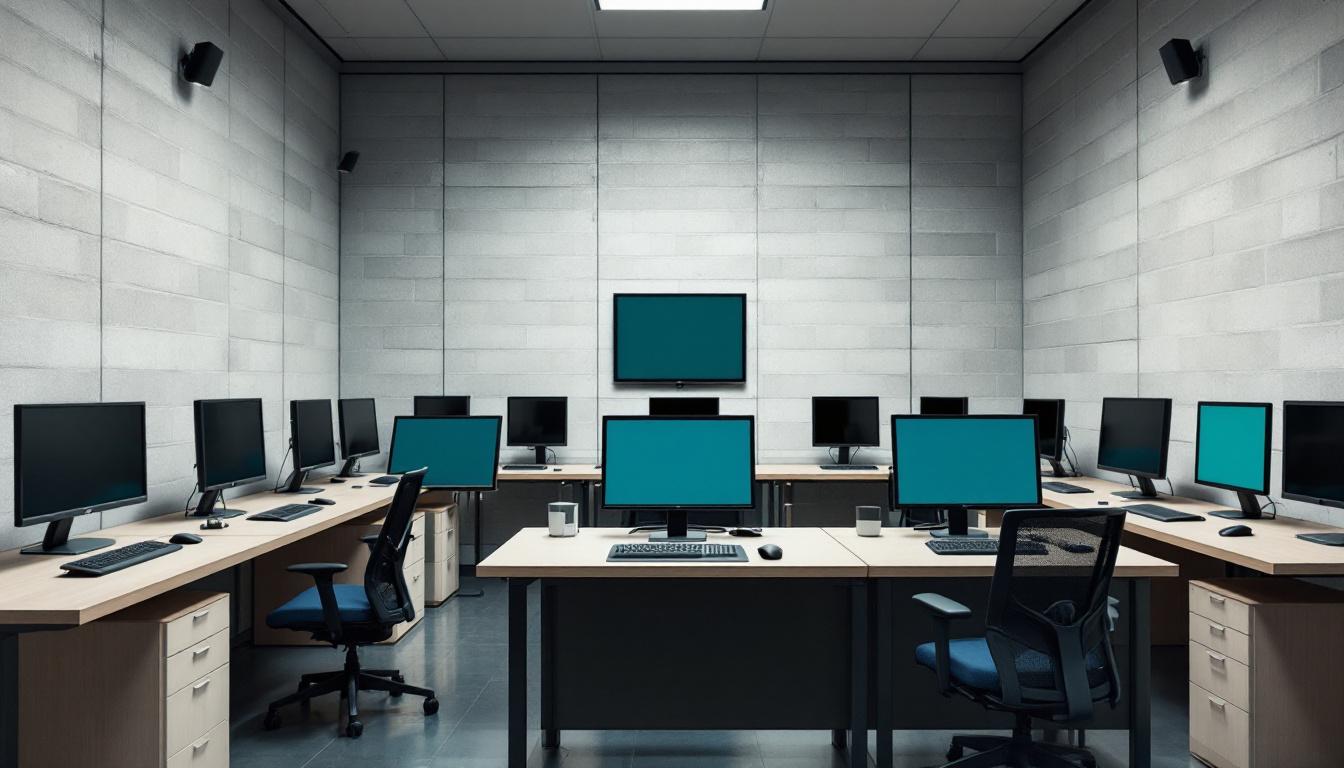
About Suwannee Correctional Institution
Correctional facilities across Florida's diverse regions serve as critical components in the state's approach to justice and rehabilitation, with each institution adapting its methods to serve both incarcerated individuals and the broader community. Within Tampa's urban landscape, SUWANNEE C.I., FL operates as part of this comprehensive network, typically focusing on evidence-based practices that emphasize both accountability and preparation for eventual community reintegration. The facility generally maintains programs designed to address the varied needs of the population services require, often incorporating educational opportunities, vocational training, and behavioral interventions that align with contemporary correctional best practices.
Community connections remain central to the facility's operational philosophy, as staff members generally work to maintain meaningful links between incarcerated individuals and their families throughout the Tampa Bay area and beyond. This FL correctional facility typically offers visiting programs, communication services, and may include family-oriented initiatives that recognize the important role loved ones play in successful reintegration. The facility's approach to offender management often emphasizes structured daily routines, personal responsibility development, and gradual preparation for release, with programming that may address substance abuse issues, anger management, and basic life skills essential for community success.
Located within Florida's south region, the correctional facility serves as part of a broader network designed to balance public safety concerns with rehabilitation goals. Staff members generally collaborate with various community organizations and state agencies to ensure continuity of care and support services that extend beyond incarceration. The facility typically maintains security protocols appropriate to its classification level while fostering an environment where positive behavioral change can occur, often incorporating mental health services, library access, and recreational activities that contribute to overall institutional stability and individual growth.
Programs & Services
Through comprehensive programming designed to address the multifaceted needs of individuals preparing for community reintegration, supportive services at Suwannee Correctional Institution create pathways toward personal transformation and successful transition. The facility's approach emphasizes building essential life skills while addressing underlying challenges that may have contributed to incarceration, fostering an environment where the population can develop both practical competencies and emotional resilience necessary for sustainable reentry.
Educational programming typically serves as the cornerstone of rehabilitative efforts, offering the population opportunities to pursue academic advancement through various learning modalities. These initiatives may include adult basic education courses, high school equivalency preparation, and vocational training programs that align with regional employment demands. Food service operations often provide hands-on experience in culinary arts and institutional management, allowing participants to develop marketable skills while contributing to facility operations. Such educational endeavors frequently emphasize not only technical proficiency but also workplace readiness, professional communication, and collaborative problem-solving abilities.
Additionally, therapeutic interventions and transitional support services form integral components of the facility's comprehensive approach to rehabilitation. Substance abuse treatment programs typically address addiction-related issues through evidence-based methodologies, helping the population develop coping strategies and relapse prevention techniques essential for long-term recovery. Work release opportunities may provide eligible individuals with structured community employment experiences, facilitating gradual reintegration while maintaining accountability and supervision. Transitional planning services often encompass discharge preparation, connecting participants with community resources, housing assistance, and continuing support networks that extend beyond incarceration to promote sustained success in civilian life.
Daily Life & Visitation
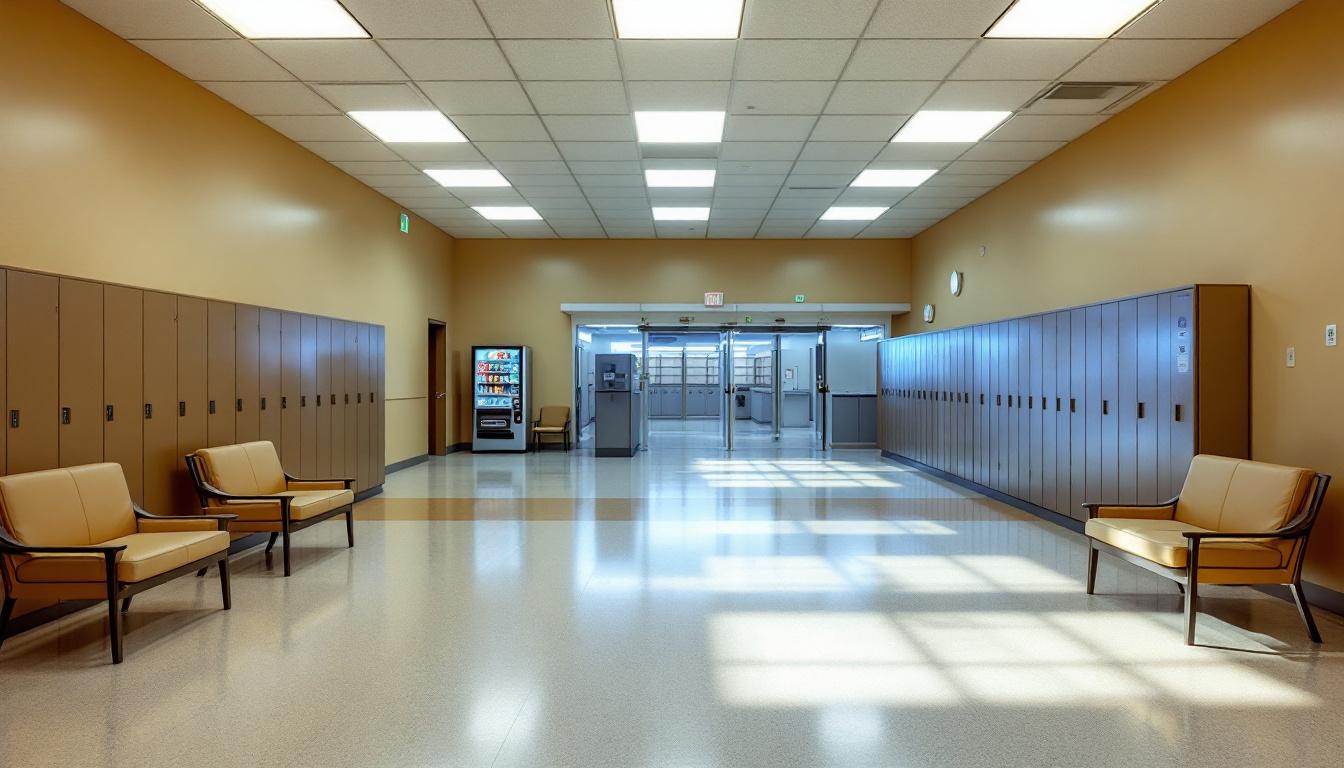
The carefully orchestrated structure of institutional life at Suwannee Correctional Institution shapes every aspect of the daily experience, with systematic scheduling and clear protocols governing the population's activities from morning count to evening lockdown. The facility's organizational framework now provides a predictable rhythm that helps residents navigate their time through established routines, regularly scheduled programming, and structured work assignments that supply both purpose and skill development opportunities throughout each day.
Housing arrangements typically consist of dormitory-style accommodations and individual cells, depending on custody classification levels, where the population maintains personal living spaces within the facility's security parameters. Meals are generally served in designated dining areas at scheduled times, with the institutional menu designed to meet nutritional requirements while accommodating various dietary needs and restrictions. Additionally, residents usually have access to commissary services where they may purchase approved personal items and supplemental food products, helping to personalize their daily experience within the structured environment.
Recreation and exercise opportunities often include access to outdoor yards, indoor recreational areas, and organized sports activities that supply physical outlets and social interaction among the population. While maintaining security protocols, the facility typically offers structured programming schedules that may encompass educational classes, vocational training, and rehabilitation programs designed to support successful reentry preparation. Family connections remain vital through regularly scheduled visitation periods and communication options such as monitored phone calls and correspondence, allowing residents to maintain important relationships that often serve as motivation during their incarceration period.
Ready to Connect?
Start communicating with your loved one today
Search for an Inmate
